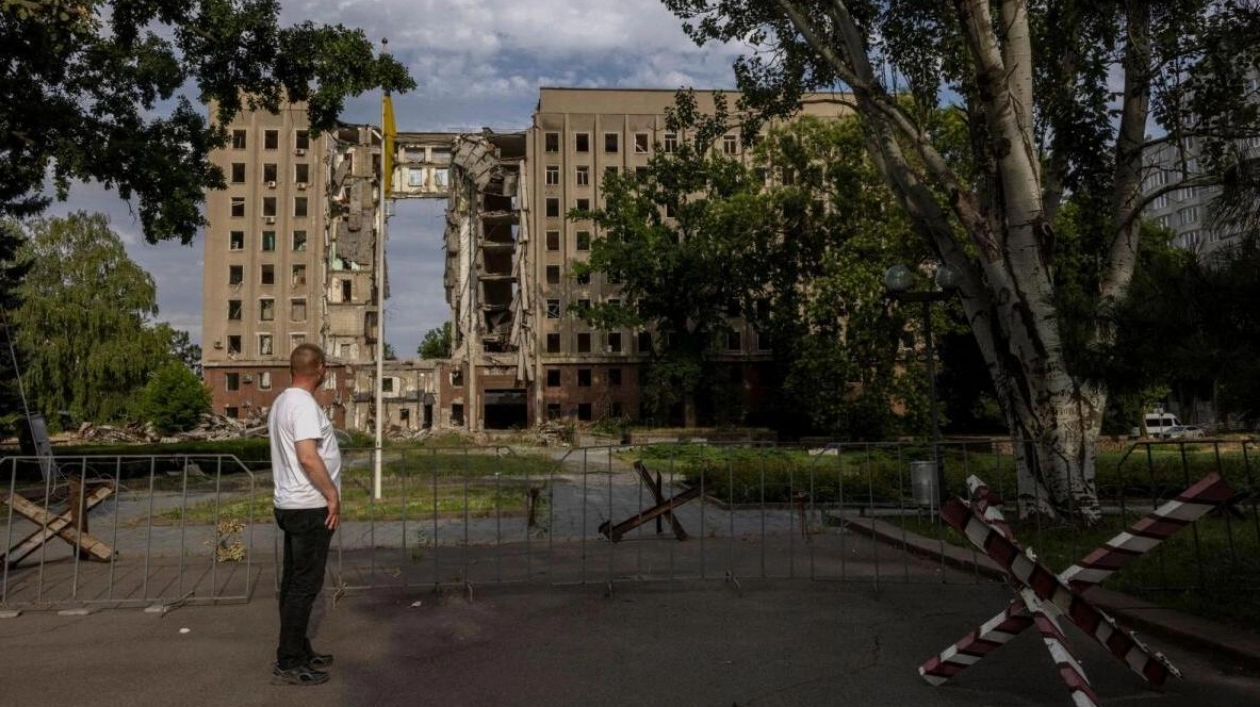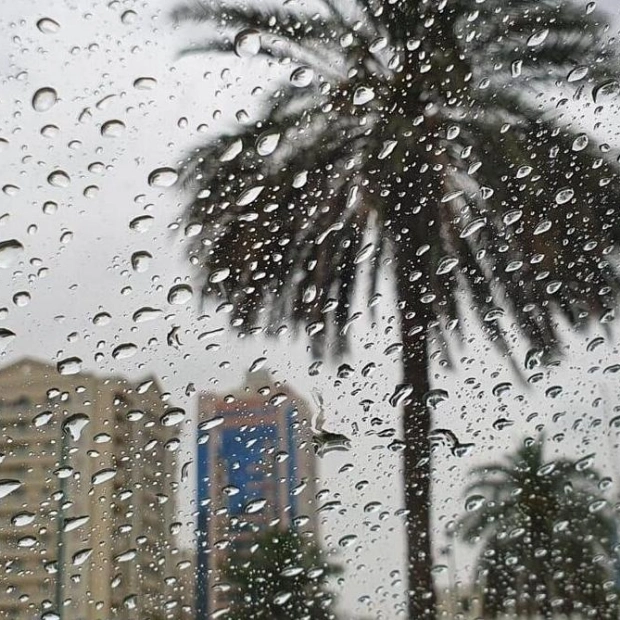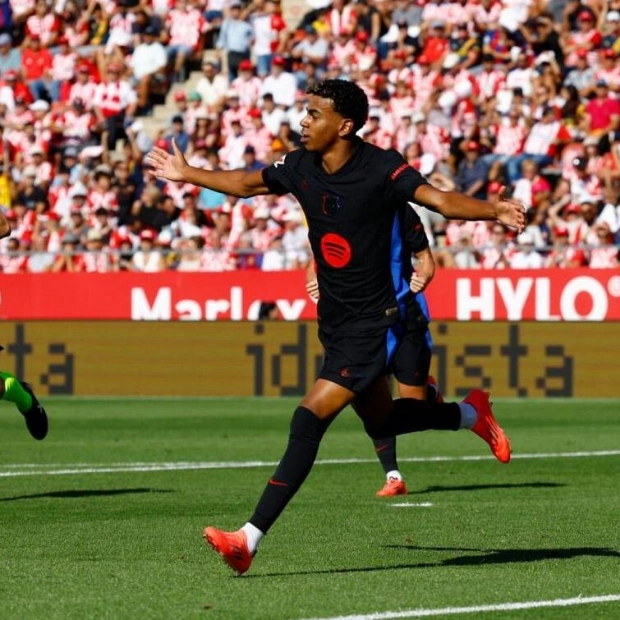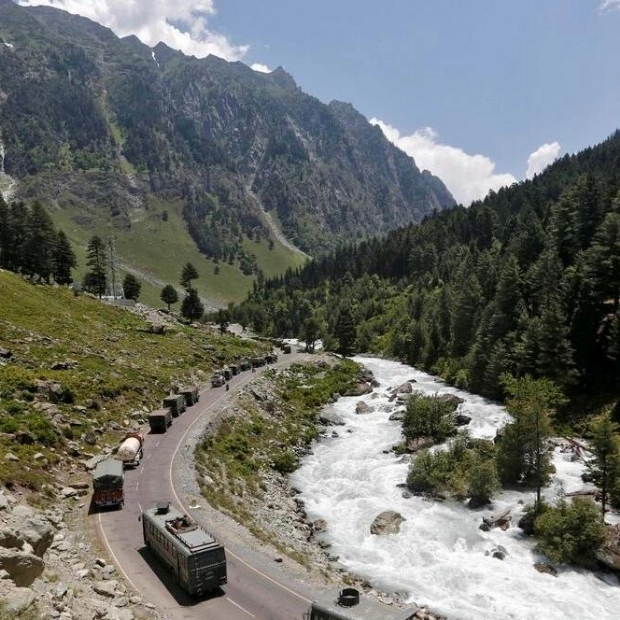For Mykolaiv's mayor, Oleksandr Sienkevych, wartime challenges such as water shortages, power outages, and a deteriorating local economy are temporary hurdles on the path to a long-term vision. Sienkevych emphasizes the importance of reforms and accountability, including revamping the management of public enterprises, as crucial steps for the Black Sea port's future as Ukraine embarks on its challenging journey towards European Union membership.
"We're doing this for our reputation... to make it transparent," Sienkevych, a two-term mayor, explained in a recent interview with Reuters in Mykolaiv, a city of approximately 400,000 residents. Located just 40 miles from the front line, Mykolaiv faces severe hardships, including over two years without clean tap water due to Russian attacks on critical infrastructure. The city has established water distribution stations offering filtered drinking water and has managed to supply non-potable water through pipes, though its uses are restricted.
Beyond the water crisis, local schools have operated solely online for four years, the city budget has lost about half its revenue due to the war, and the port has been closed since February 2022. Daily, streets across Ukraine, including Mykolaiv's, are plunged into darkness by Russian airstrikes targeting the country's energy infrastructure. Last Friday, a Russian missile strike on an apartment building resulted in the deaths of three people, including a child.
Sienkevych, a 42-year-old former entrepreneur first elected in 2015, views administrative overhauls as part of a broader vision for a brighter future. His team is conducting internationally supervised "integrity assessments" of municipal utilities, aiming to introduce corporate governance models to enhance accountability. The water company was the first to undergo this process. Additionally, officials have created a system to catalog international aid publicly, and Mykolaiv became the first Ukrainian city to publish procurement data in a machine-readable format, facilitating easier analysis.
Ukraine's pursuit of EU membership, which saw formal talks begin last month, requires streamlining bureaucratic processes and demonstrating reform progress. Yuliia Mincheva, an adviser to Sienkevych, noted that seizing this opportunity to establish early governance foundations is crucial. Given Mykolaiv's vulnerability, she emphasized the need to go the extra mile to secure the trust of donors and investors, who are vital for the city's future.
Sienkevych acknowledged that these reforms receive minimal attention from residents frustrated by the ongoing 29-month war. The water crisis, in particular, has fueled residents' anger towards city hall, despite the need for central government intervention to fully resolve it. He attributed this discontent to a lingering Soviet-era distrust of authorities, exacerbated by Russian propaganda painting Ukrainian authorities as corrupt.
The frustration was evident at water stations across Mykolaiv, where residents, young and old, braved scorching sun to collect their daily water supplies. Pensioner Valeriy, 68, expressed disbelief that the situation couldn't be fixed. As cities across Ukraine face the dual challenge of rebuilding amid ongoing war, with Russia intensifying attacks on the energy system ahead of winter, international partners are urged to shift focus from reconstruction to bolstering Ukraine's resilience.
Josh Rudolph of the German Marshall Fund of the United States highlighted the need for a balanced approach by local leaders, emphasizing that mayors like Sienkevych must address multiple crises simultaneously, without the luxury of focusing on one issue at a time.






